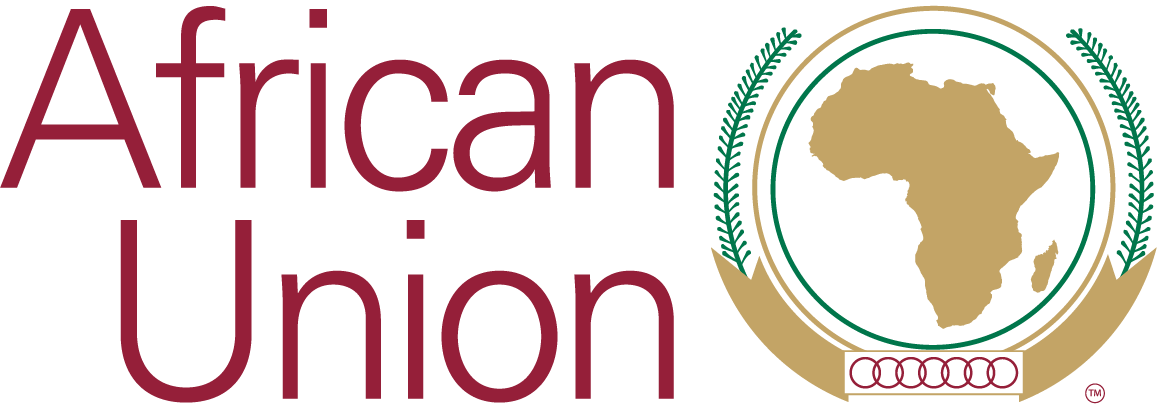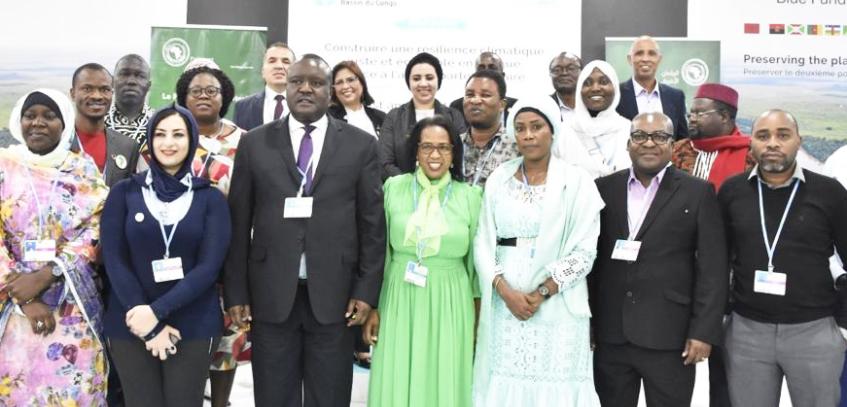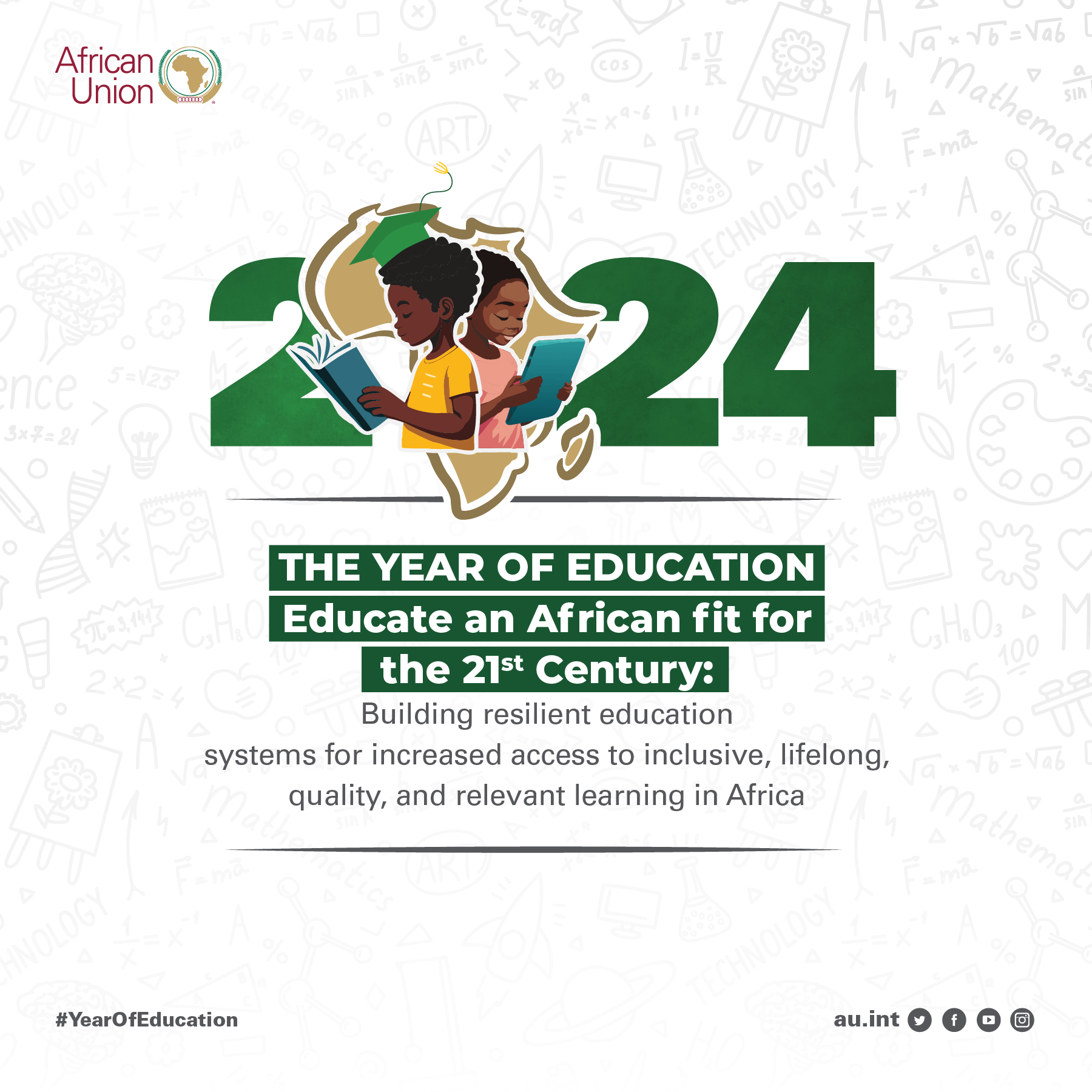PAP President laments the lack of progress on climate change commitments
As Africans bear the brunt of a worsening climate crisis, the implementation of commitments made at successive Annual Conferences of the Parties to the U.N Framework Convention on Climate Change (COPs) continues to lag behind. It is time to put parliamentary action at the centre of climate change engagements to deliver on the promises of the 2015 Paris Agreement.
This is the essence of the message conveyed by the Pan-African Parliament (PAP) on the occasion of a High-Level Panel Discussion on “Building Just and Fair Climate Resilience in Africa through Parliamentary Action.” The event was convened by the Continental Parliament on the margins of the ongoing COP27 in Sharm el-Sheikh, Egypt. The dialogue sought to provide a platform for a discussion on building just and fair resilience with parliaments at the heart of the response.
In his opening address to an audience made up of parliamentarians, civil society organisations, African Union and UN representatives as well as African government officials, the President of the Pan-African Parliament (PAP), H.E Hon. Chief Fortune Charumbira stated that the PAP recognises the climate crisis and seeks to reach out to all actors to explore concrete solutions through parliamentary action. The President further noted that a reflection is required on the lack of implementation of commitments made previously as parties envisage a way forward.
“ As the PAP, we have woken up to the need to charge of this issue because this is about the people and when the people are suffering parliamentarians have a duty to get involved. We are at COP27 and heading to COP28. When we reflect on the journey, we realise that issues such as loss and damage, climate finance and mitigation have been negotiated in all previous COPs. Our role as parliamentarians is to conduct oversight to ensure that things are working, and so far it is clear that things are not working. It is also now evident that COP27, described as the implementation COP, will not deliver on our key demands, “ said H.E Hon. Chief Charumbira.
He added: “ This is the time for parliamentarians to stand up and speak for the people. Since implementation has become a problem, we are now going back to the people for guidance on the next action because parliamentary action is the people’s action.”
The President of the PAP seized the opportunity to announce that the Continental Parliament is convening national and regional Parliaments, civil society, governments, partners and experts to a global platform to answer why the implementation has failed. The gathering is slated to take place in two phases. There will be a consultation on the margins of the PAP sittings in March 2023 aimed at identifying bottlenecks in implementing commitments. The second phase will be held in May 2023 during the Ordinary Session of the PAP and will serve to outline a roadmap and set the agenda for COP28 in the Emirates Arab Republic (UAE). The gatherings are expected to be frank and open to all interested parties.
Hon. Lucia D. Mendes, 3rd Vice President of the PAP stated that parliamentary action is unavoidable because international agreements at COP must be transposed into national legislation, supported by appropriate budgetary allocations and robust oversight of government performances, which is the role of parliamentarians.
Speaking on behalf of H.E. Amb Josefa Sacko, African Union Commissioner for Agriculture, Rural Development, Blue Economy and Sustainable Environment, Prof. Jerome Afeikhena said that parliamentarians possess a wide range of tools to promote inclusive sustainable development that can successfully tackle climate change. Prof Afeikhena conveyed the Commissioner’s pledge to work with the PAP in ensuring that parliamentarians become key role players in the climate change agenda.
Dr. Estherine Fotabong, Director of Program Innovation and Planning at the African Union Development Agency (AUDA-NEPAD) indicated that parliamentarians have a central role to play in ensuring that development policies are climate resilient. She further called on the PAP to enable Africa to speak with one voice on the issue of climate change.
Dr. James Murombedzi from the African Climate Policy Centre at the United Economic Commission for Africa (UNEsaid that the PAP must take lead in the process of integrating the outcomes of the COP into domestic policies. He committed to providing capacity building for parliamentarians on issues of loss and damage, finance and mitigation to ensure that the representatives of African citizens are equipped as they contribute to finding solutions to challenges posed by climate change.
Dr. Mithika Mwenda, Executive Director for Pan African Climate Justice Alliance (PACJA) told the audience that working with parliamentarians is key for development as he urged all key actors to continue on the path to engaging parliaments to address the issue of climate change by relying on on parliamentarians’ ability to frame policies and make laws.
Hon. Dr. Mahmoud Saad, a Representative of the Parliament of Egypt welcomed the PAP President and his delegation to Egypt. He reiterated Egypt’s position on the necessity for Sharm el-Sheikh to register concrete results on the climate change commitment front and set the stage for accountability on decisions taken so far.
The roundtable discussion included an update to parliamentarians on ongoing negotiations at COP27. Parliamentarians were also sensitised to the concepts of climate justice and climate resilience.
-Ends-








